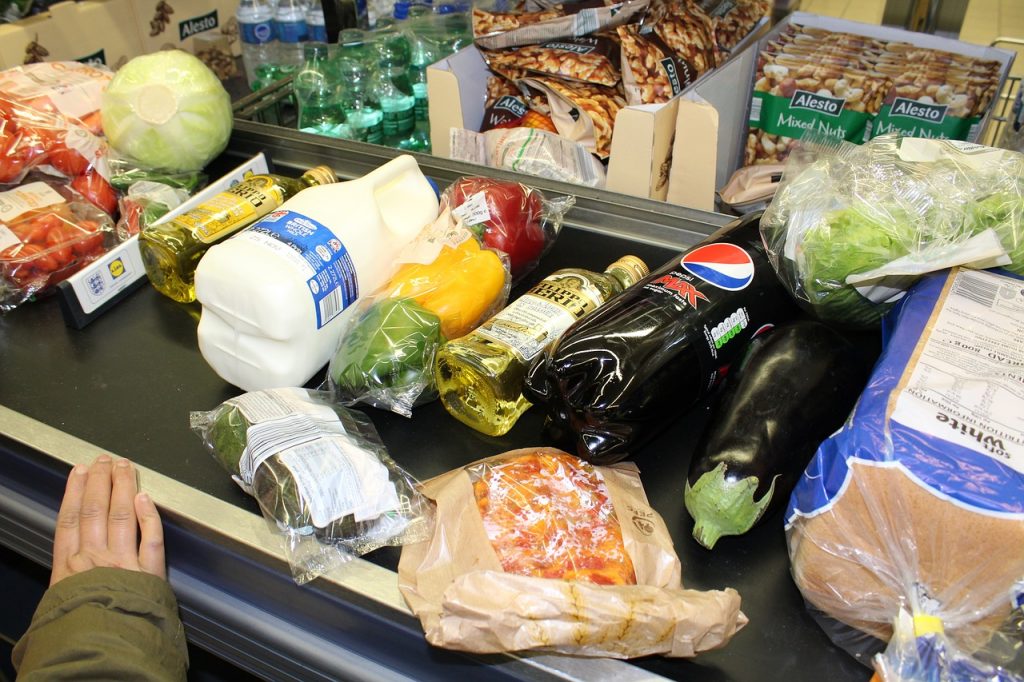Food Safety Is Failing In The US, Here’s What The FDA Needs To Do About It
Increased rates of obesity, heart disease, diabetes, and cancer have been linked to ultra-processed foods, suggesting that the FDA should impose stricter food safety regulations.

When we think about the Food and Drug Administration’s job duties, first, we think about the approval of prescription medications and making sure they are safe for human consumption. The second duty centers around food safety and inspecting the food supply for hazards or contaminants. The FDA focuses on foods that have toxins present that could kill someone, which is the direct cause of 1,400 American deaths each year. But the FDA is failing Americans by not regulating ultra-processed foods which are directly linked to obesity, diabetes, heart disease, and cancer which kills 1,600 Americans every day.
It sounds absurd when broken down to those figures that the FDA spends a majority of its man-hours and budget protecting us from being poisoned and suffering an immediate medical emergency. That type of protection is paramount because nobody wants to die doing something that is necessary three times a day to continue to live. Still, that doesn’t mean food safety isn’t an issue.
Food safety should be more than just detecting toxins in food, it should also be about regulating nutritionally harmful ones. According to foodsafetynews.com, “In recent years, evidence has mounted that these chronic illnesses are caused by deleterious substances in ultra-processed foods.”
Foods that are grouped in the ultra-processed category would include heat-to-eat meals like frozen pizza, fast food, and the cupboard staple–sweetened breakfast cereals. The pure definition of ultra-processed food is essentially any industrial formulation of ingredients from substances extracted from foods or synthesized in a lab. The FDA has continued to battle acute food illness, but it is long overdue that they shift that focus toward chronic food illnesses and food safety.
Every year we lose 678,000 Americans to diseases that are connected to chronic food illnesses. That death toll is larger than the number of Americans that have died on the battlefield fighting for our freedoms in every war the country has been involved in. Not checking these manufacturers causes diseases that are a source of tremendous suffering for the people that are afflicted with them.
We have all watched family members battle and suffer from cancer, diabetes, or heart disease. This is a preventable issue that we need to start prioritizing, along with global warming and other lingering environmental disasters that threaten our species’ existence. Food safety needs to become a hot-button issue, and the FDA needs to step up to ensure none of those products that kill us over the long term aren’t allowed to enter our food supply.
According to foodsafetynews.com, “two-thirds of severe COVID cases resulting in hospitalization have been attributed to four diet-caused diseases: obesity, diabetes, hypertension, and heart failure.” Had this been something FDA was focused on in the years leading up to the pandemic, we could have prevented deaths and hospitalizations by eliminating these foods from consumption. It starts with the President and Congress allocating a substantial budget specifically earmarked for this preventative fight.
The price tag to address this food safety issue is approximately in the $200 million-a-year range and last year President Biden asked for $135 million to cover USDA nutrition security and congress passed a budget where that area received $0. The FDA commissioner Robert M Califf is promoting his proposed redesign of the FDA’s food program and says it will take leaders who can be incredibly persuasive with the government.
We may all need to write to our Congressperson and make sure they are clear that this is of paramount importance and they can’t fight the battle if they have zero funding to do so. We appreciate the efforts fighting acute food illness, but we certainly need to start protecting ourselves from chronic food illnesses, too, which at the moment are completely unchecked.











